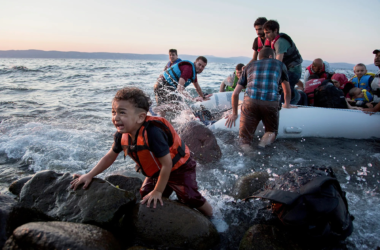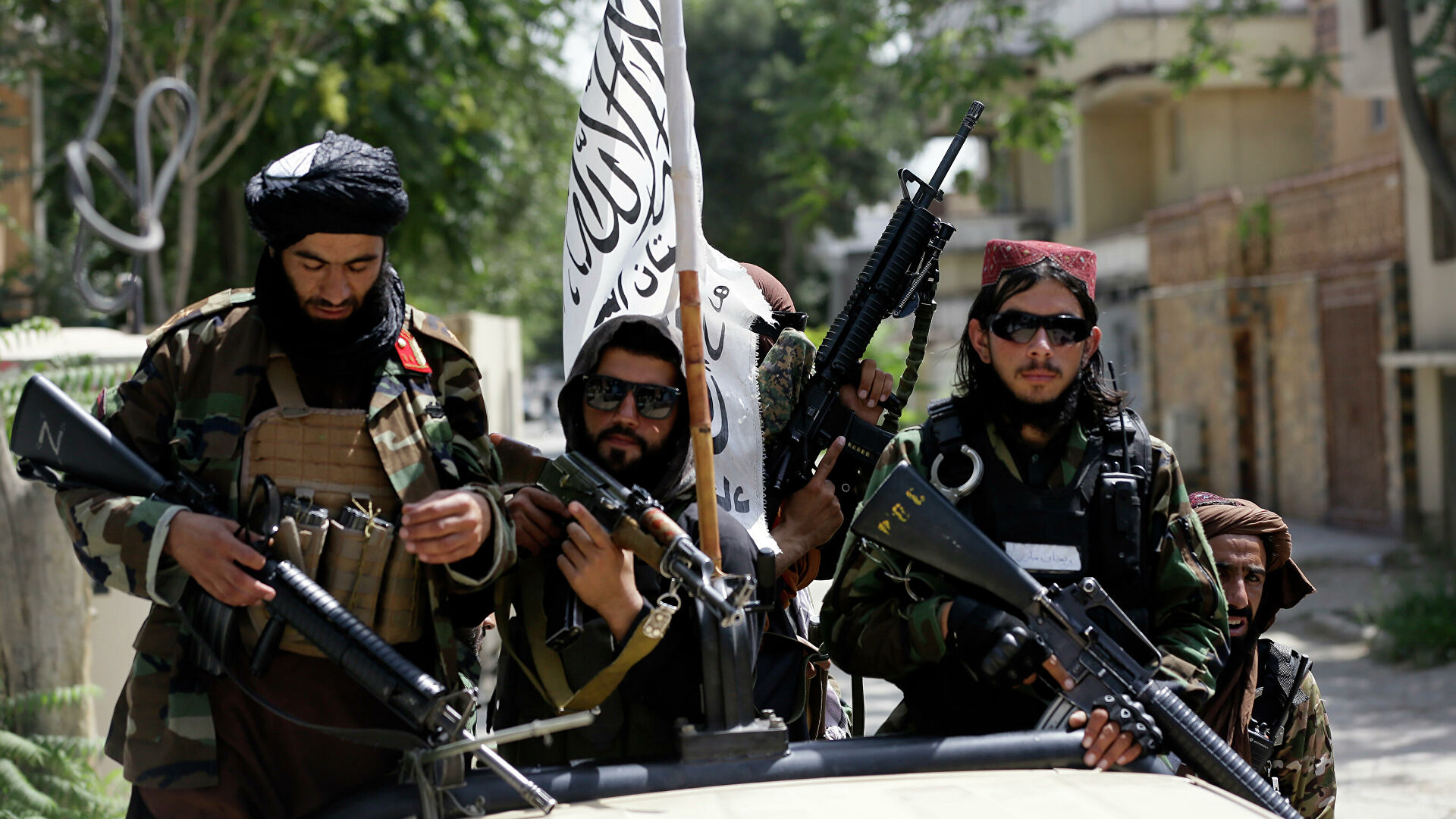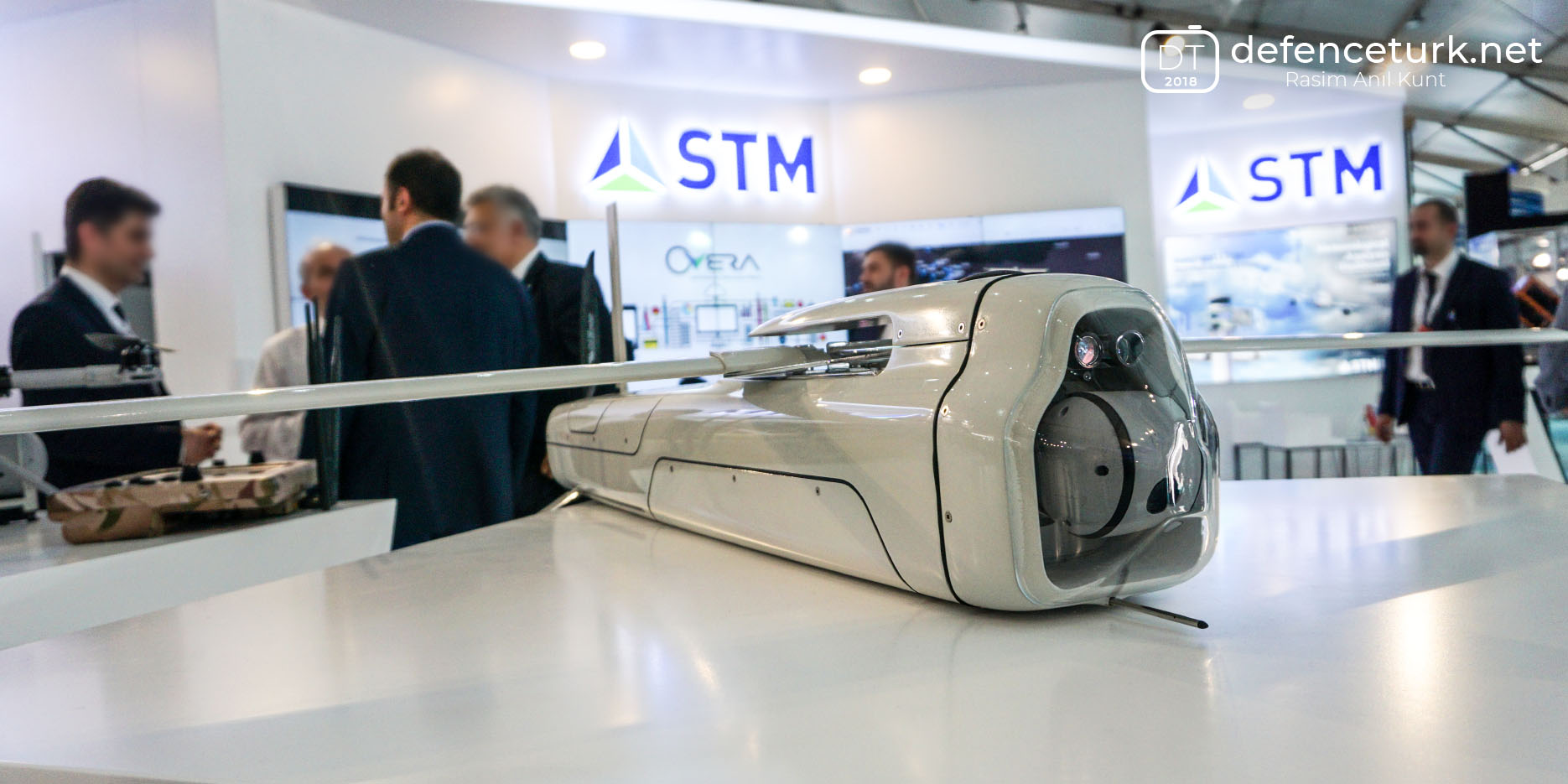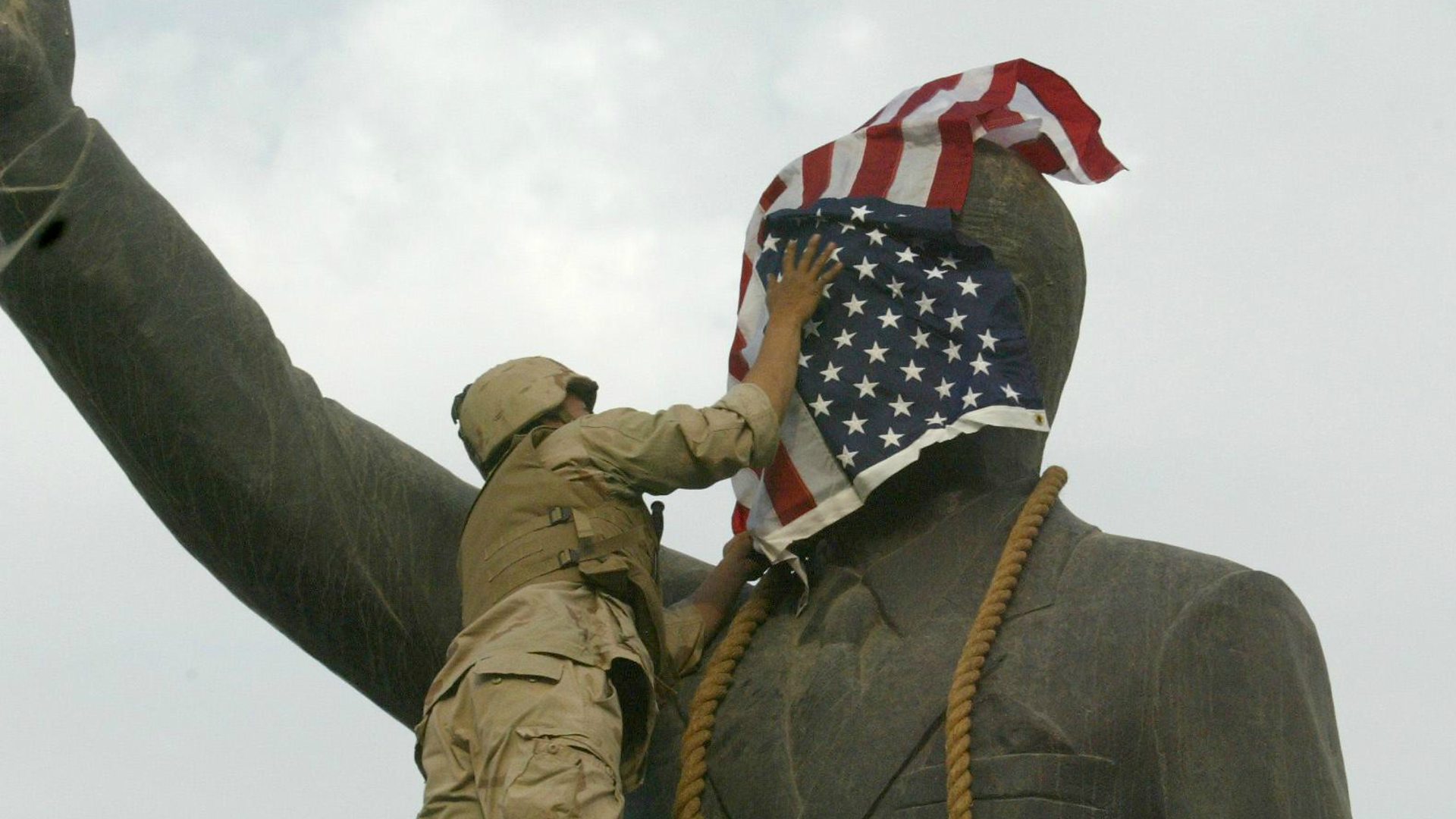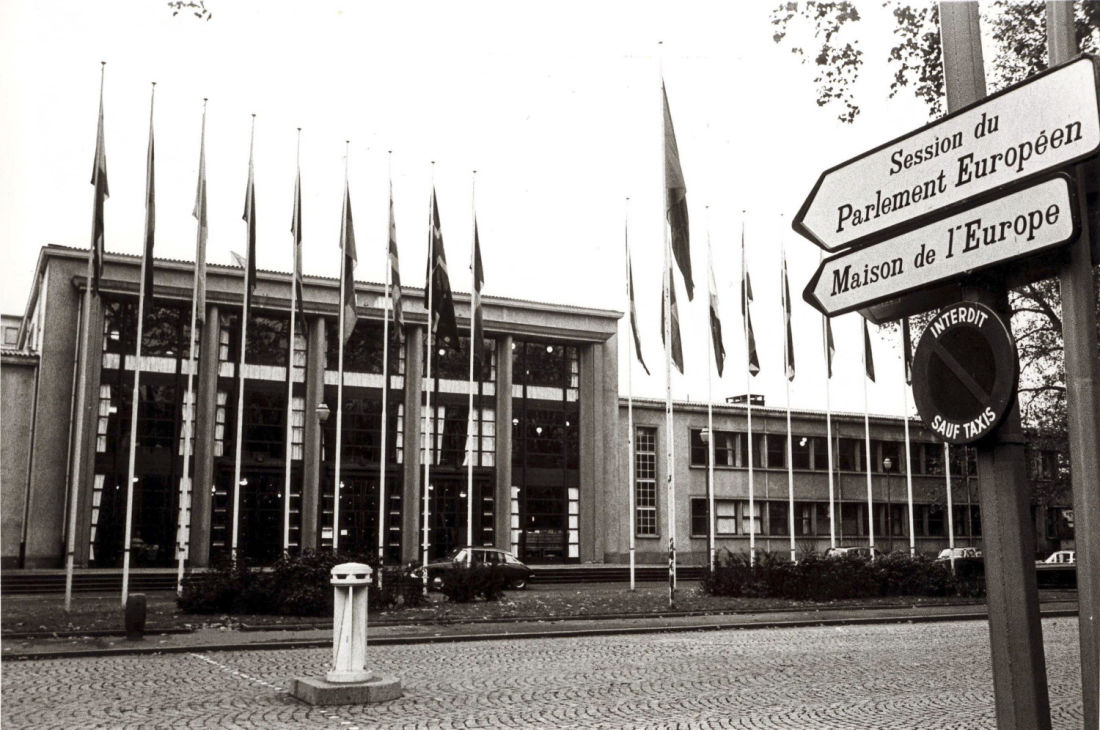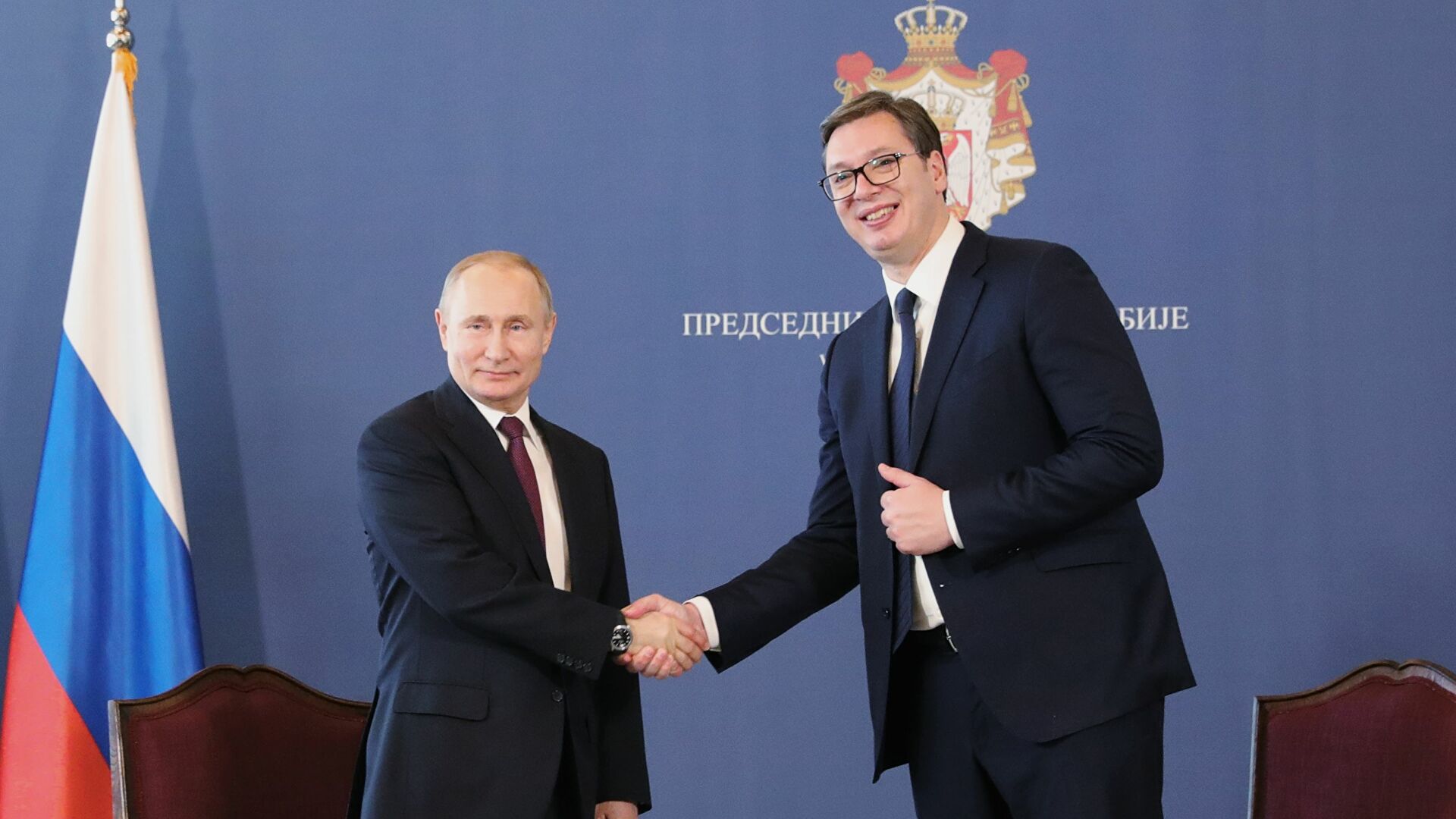Abstract
The war between Bosnians and Serbs, which started in 1992 and lasted for three years, went as far as the Bosnian Genocide, and the UN negotiated with the parties to stop the war. The air superiority of the Serbs was lost when NATO planes started to implement the UN-decided down-flight. In 1994, Bosnians and Serbs reached an agreement and stopped fighting. The borders separating Bosnia and Herzegovina ethnically were drawn. However, tensions in Bosnia and Herzegovina have increased recently. The memories of the civil war in Bosnia and Herzegovina, in which thousands of people lost their lives, continue to be a source of tension between the two autonomous states that make up Bosnia and Herzegovina.
Keywords: Bosnia and Herzegovina, Dayton Agreement, Milorad Dodik, UN, war.
1. Political Crisis in Bosnia and Herzegovina
While the wounds of war have still not healed in Bosnia and Herzegovina, which is divided into two autonomous entities, the rhetoric of Milorad Dodik, the Serbian representative of the Presidential Council, about “forming their own armies” has increased the tension. He said, if the Dayton Peace Agreement, which ended the war of 1992-1995, will not return to its original form, Republika Srpska, which is one of the two entities, would declare its independence. The words of Dodik created a crisis, and both Bosnian politicians and the opponent side of Bosnian Serbs continue to react to him. (BirGün, 2021).
In fact, this crisis started with the decision of Milorad Dodik and Serbian authorities to boycott former High Representative Valentin Inzko’s July 23rd enactment of a law, which criminalizes genocide denial (Yıldız, 2021). While Dodik, who denied all the legal changes put into effect by the Office of the High Representative (OHR), stated that if the essence of the Dayton Agreement is not returned, radical steps will be taken in the army, judiciary, and taxation systems; previously, it had ensured that the bill on transferring the powers of the nationally authorized Pharmaceuticals and Medical Equipment Agency of Bosnia and Herzegovina to a new institution, which established within the RS (Republika Srpska), was approved in the RS Assembly (Küçük, 2021). Dodik’s increasingly separatist rhetoric and expressions increased this tension and caused concern among the Bosnian people.
The international community’s High Representative in Bosnia, Christian Schmidt, sounded the alarm bells and sent a report to the United Nations, stating that the country was in danger of division and that there was a risk of conflict again (Kurtuluş, 2021). It was also stated that in the event of conflicts, the existence of international forces within the country would be re-evaluated by the UN.
2. Why Did Separatist Rhetoric Begin to Increase Again?
Tension in Bosnia and Herzegovina has been going on since the Dayton Peace Agreement, which was signed after the war. With the Dayton Peace Agreement, the region was divided into three parts as the Federation of Bosnia and Herzegovina, the Republika Srpska, and the Brcko Autonomous Region. Bosnia and Herzegovina is affiliated with the State Ministry Council, which consists of three members: Bosnians, Croats, and Serbs. The Croatian and Bosnian members of the council are elected by the citizens living in the Federation of Bosnia and Herzegovina, and the Serbian member is elected by the citizens of the Republika Srpska (Yıldız, 2021). In the Srebrenica Massacre, that took place in July 1995, Serbian forces killed hundreds of thousands of Bosnian Muslims. Although the massacre is recorded as the ‘Srebrenica Genocide’, some Serbs deny it. One of those is Milorad Dodik, leader of Republika Srpska. “There is no doubt that this is the most dangerous crisis, since 1995, and could lead to another war.” said İsmail Cidic, head of the Bosnian Defense Center, which advocates for a secular, free, and democratic Bosnia and Herzegovina (Yıldız, 2021).
3. Views of International Actors
In a report by CNN International, the NATO official stated that he was of the opinion that there would not any action other than harsh statements from NATO. A senior European Union (EU) official said they wanted to make more significant interventions. However, the unnamed official underlined that it is difficult to reach a consensus without making concessions to some countries in the EU (Yıldız, 2021). Valdis Dombrovskis, Vice-President of the European Commission, stated that the situation is alarming and said “We are determined to support the country’s leaders in taking steps to reduce tensions, maintain dialogue and address the core issues fueling tensions.” (Küçük, 2021).
Pedro Marques, from the Progressive Alliance of Socialists and Democrats, urged the EU to impose sanctions to protect Bosnia’s territorial integrity and public peace if the situation deteriorates. But, in an interview with the UK-based The Guardian, Dodik said that he would not accept the threats of sanctions from Western countries and he was not chosen to act cowardly (Yıldız, 2021).
In addition, against the EU’s sanctions rhetoric, Dodik stated that he looks warmly to investment proposals of China and he would have a meeting with Russian leader Vladimir Putin soon. Dodik said that the plans for Republika Srpska to establish its own army, tax administration, and judicial authorities will be discussed in the parliament on 10 December (Yıldız, 2021). Then, Dodik, who shook the agenda, softened his stance on this issue and made three suggestions: firstly, Dodik proposed reducing the military army in Bosnia and Herzegovina by half. He stated that, he did not want Bosnia and Herzegovina to become a failed state, but that the delicate balance of the Dayton Agreement was failed. He also claimed that the number of Muslims and Serbs killed was almost the same and stated that there was no decision that the Serbian people committed genocide. Dodik also said that he still wants to join the European Union.
4. Conclusion
As a result of all this, we can say that Milorad Dodik’s separatist discourse cannot go beyond creating great tension. We can say that Dodik has a lack of seriousness for putting into action his statements about the relations with the Chinese and Russian states and the development of relations with these states, against the clever sanctions claims that the EU is thought to impose on Milorad Dodik and his supporters. Of course, he can accept investments from China or Russia, but it is also thought that Milorad Dodik, who wants to enter the European Union, will not be able to have relations that will disturb the EU.
Prepared by Sudenur Yıldız for The FEAS Journal.
References
BirGün. (2021, November 3). Bosna’da Gerilim. Retrieved November 29, 2021, from BirGün: https://www.birgun.net/haber/bosna-da-gerilim-364328
Kurtuluş, M. K. (2021, November 14). Bosna Hersek’te neler oluyor; olası bir savaş durumunda Türkiye ne duruş sergiler? Retrieved November 29, 202, from T24: https://t24.com.tr/haber/bosna-hersek-te-neler-oluyor-olasi-bir-savas-durumunda-turkiye-ne-durus-sergiler,993271
Küçük, B. (2021, November 24). Avrupa Parlamentosu milletvekillerinden Bosna Hersek’te iç savaş uyarısı. Retrieved November 29, 2021, from Euronews: https://tr.euronews.com/2021/11/24/avrupa-parlamentosu-milletvekillerinden-bosna-hersek-te-ic-savas-uyar-s
Vojinovic, D. (2021). Milorad Dodik. Sırp lider Dodik: Ülkedeki tek siyasi çözüm ‘Bosna Hersek’in ortadan kaldırılmasıyla mümkün. from Euronews: https://tr.euronews.com/2020/02/21/s-rp-lider-dodik-ulkedeki-tek-siyasi-cozum-bosna-hersek-in-ortadan-kald-r-lmas-yla-mumkun
Yıldız, U. (2021, November 7). 5 soruda Bosna Hersek’teki son gerginliğin perde arkası. Retrieved November 29, 2021, from INDEPENDENT Turkish: https://www.indyturk.com/node/433141/d%C3%BCnya/5-soruda-bosna-hersekteki-son-gerginli%C4%9Fin-perde-arkas%C4%B1
Yıldız, U. (2021, November 29). Sırp lider Dodik, kimlere güvendiğini açıkladı. Retrieved November 30, 2021, from dogruhaber: https://dogruhaber.com.tr/haber/795807-sirp-lider-dodik-kimlere-guvendigini-acikladi/


